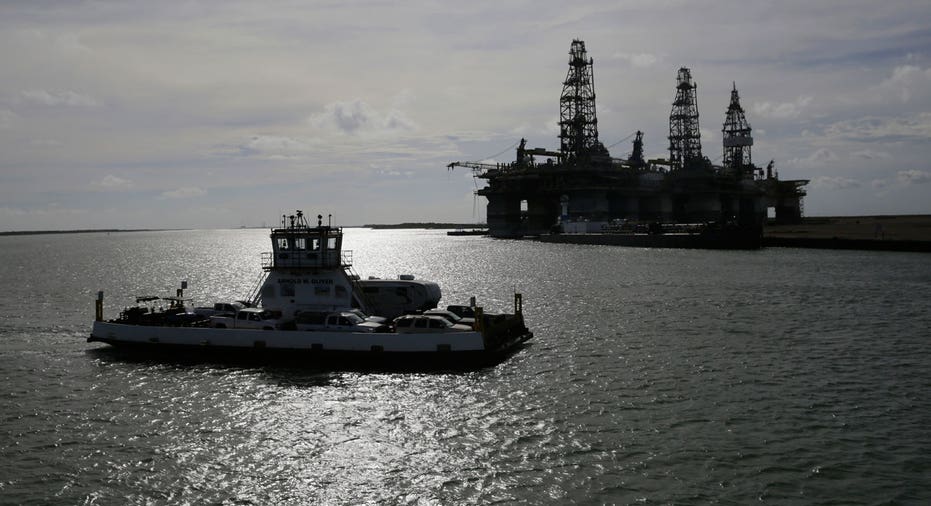Oil mixed, Brent rises as Irma casts shadow over Harvey recovery

Oil futures were mixed on Thursday, with Brent rising to a 5-1/2 month high while U.S. crude slipped on a bigger-than expected crude stock build, as the restart of U.S. refiners after Hurricane Harvey was countered by the threat of Hurricane Irma.
Brent futures gained 29 cents, or 0.5 percent, to settle at $54.49 a barrel, its highest close since April 18 for a second day in a row.
U.S. West Texas Intermediate crude, meanwhile, lost 7 cents, or 0.1 percent, to settle at $49.09 per barrel.
The U.S. Energy Information Administration said on Thursday U.S. weekly crude stocks increased 4.6 million barrels last week, topping analysts' forecast for a 4.0-million-barrel build in a Reuters poll.
Reflecting the impact of Harvey which hit the Gulf Coast on Aug. 25, the EIA said U.S. oil refinery utilization rates slumped 16.9 percentage points to 79.7 percent last week, the lowest rate since 2010.
U.S. Gulf Coast utilization rates dropped to 63.4 percent, the lowest rates since the EIA began collecting the data in 2010.
"The impact of Hurricane Harvey is clearly visible in the report. The data scrambles the recent trend of declining crude inventories and further rises are likely in the weeks ahead," said John Kilduff, partner at energy hedge fund Again Capital LLC in New York.
He noted the big drop in refinery utilization "almost assures" crude stockpiles will continue to rise in coming weeks.
U.S. Gulf Coast facilities were slowly recovering from the devastating effects of Harvey, which hammered Louisiana and Texas almost two weeks ago, shutting key infrastructure in the heart of the U.S. oil and natural gas industry.
As of Wednesday, about 3.8 million barrels of daily refining capacity, or 20 percent of the U.S. total, was shut in, though a number of refineries and petroleum-handling ports were restarting.
U.S. refiner Valero's five refineries located on the Texas Gulf Coast are in the process of ramping back up, Chief Executive officer Joe Gorder said on Thursday.
At the same time, prices were weighed down by fears that Hurricane Irma in the Caribbean could interrupt crude shipments in and out of the United States.
In the week after Harvey hit, U.S. crude exports dropped 749,000 barrels per day to 153,000 bpd.
Irma barrelled into Caribbean islands overnight with wind speeds up to 185 miles per hour (295 kph) and was heading for Florida. Fuel shortages were reported in Florida as retailers struggled to keep up with demand from customers, many of whom were evacuating and filling tanks ahead of the storm's landfall expected this weekend.
Another Atlantic storm, Jose, is following on Irma's heels and is expected to gain in strength and intensify into a major hurricane by Friday, according to the U.S. National Hurricane Center. Yet another hurricane, Katia, is in the Gulf of Mexico. "Demand may continue to be distorted as multiple hurricanes make their way across the Caribbean," said Jeffrey Halley, senior market analyst at futures brokerage OANDA.
(By Scott DiSavino; Additional reporting by Ahmad Ghaddar in London and Henning Gloystein in Singapore; Editing by Marguerita Choy and Bernadette Baum)



















